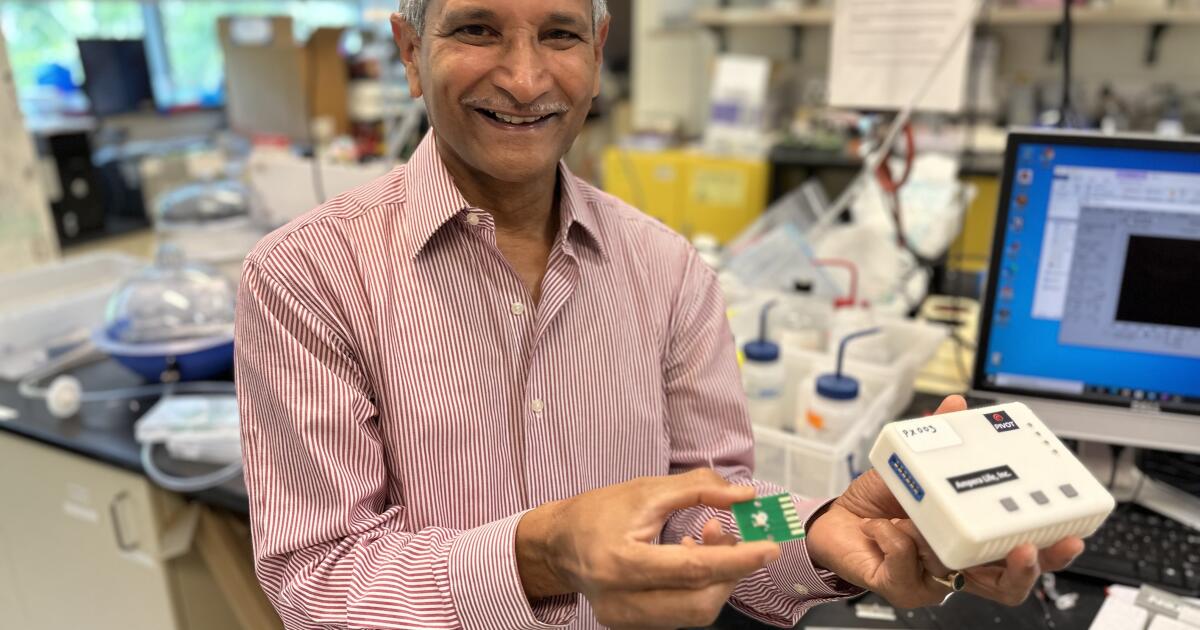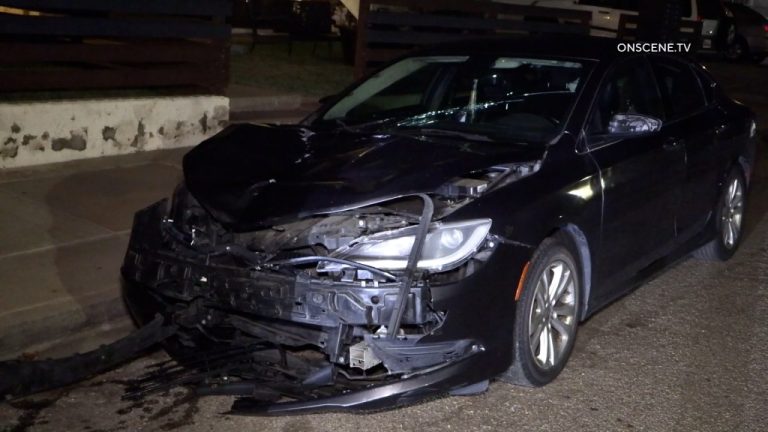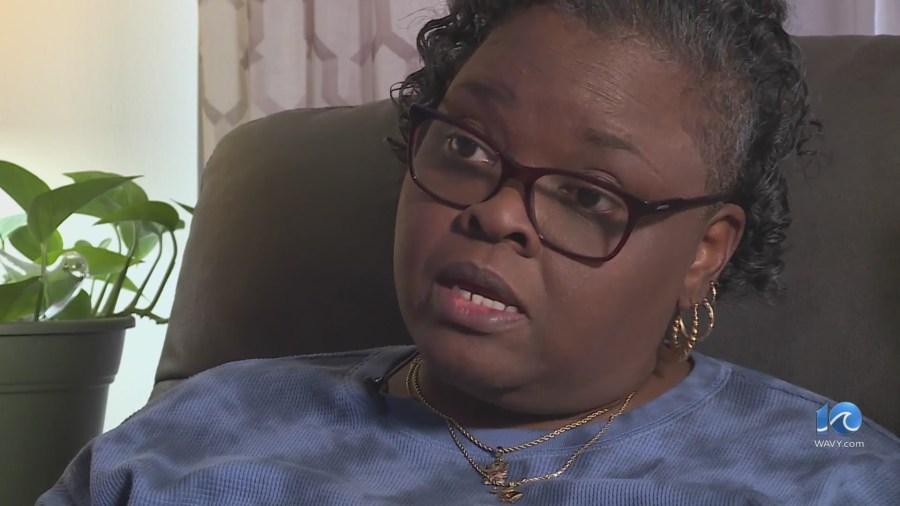

A hand-held device that UC San Diego developed to detect COVID-19 with great accuracy also can spot biomarkers associated with Alzheimer’s and Parkinson’s diseases, which collectively kill more than 220,000 people a year in the U.S.
The advance — which suggests a faster, less invasive way to diagnose those maladies — was reported this week in the Proceedings of the National Academy of Sciences (PNAS), one of the world’s most cited research journals.
Physicians currently must perform a spinal tap and imaging tests when trying to diagnose Alzheimer’s and Parkinson’s.
This process “involves indirect testing of commonly inaccessible biofluids and low-resolution brain imaging,” the paper’s lead author, UCSD neuroscientist Ratnesh Lal, says in PNAS.
Lal says he used his portable device Pivot to study autopsied brain tissue from people with Alzheimer’s and Parkinson’s and detected distinct biomarkers of the diseases.
He says that Pivot is as accurate as current state-of-the-art testing methods. Lal is about to begin using the device to see if he can find the same biomarkers in the saliva and urine of living people.
“We want to make it easy for people to get an early diagnosis so that they can better manage their health and get help sooner,” said Lal, a faculty member at UCSD’s Jacobs School of Engineering.
Lal says he wants to refine Pivot to the point that it can be used in clinics and in people’s homes.
The device has already received emergency approval from the FDA for use in COVID-19 testing in the U.S. On Thursday, the agency contacted Lal to learn more about how the wireless sensor might be used to detect Alzheimer’s and Parkinson’s, and possibly other diseases.







